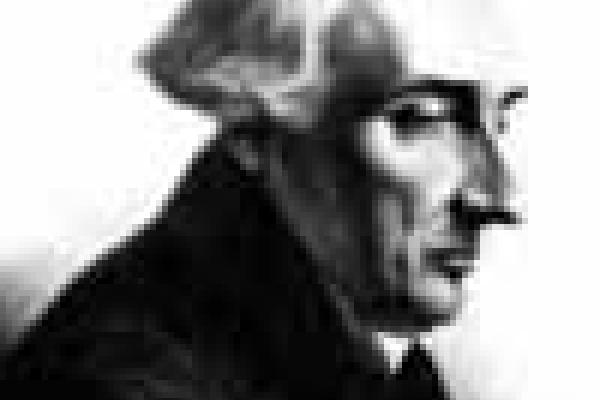Article
Puzzle


Mystery Christmas theft
Mystery Christmas theft
Article

Einstein as icon
One hundred years ago, in 1905, Albert Einstein changed physics forever with his special theory of relativity. Since then his name — and hair do — have become synonymous with genius. John D Barrow looks at Einstein as a media star.
Article

Crime fighting maths
Maths is not the first thing that springs to mind when you think about fighting crime. But a closer look reveals that it is behind many of the techniques that modern detectives rely on. Chris Budd investigates.
Article

I'm not paying that!
It's not that long ago that all you needed to run an airline was a few planes and some competent pilots. But now, with more of us zipping around the globe every year and the advent of no frills airlines, keeping an airline competitive has become a complicated business. Christine Currie explains how your airfare is calculated.
Article

A bright idea
What do computers and light switches have in common? Yutaka Nishiyama illuminates the connection between light bulbs, logic and binary arithmetic.
News story

How to measure a million
The risks in Who wants to be a millionaire?
Article
Editorial, mathematics education, mathematics in the media, public understanding of mathematics, adrian smith
- Where is the next generation? - more bad news for maths education.
- Can Plus cure crazy scientists? - the science stereotype persists.
Article


Outer space: The rule of two
The maths of infinite series
Article

What's so special about special relativity?
Most of us are aware that Einstein proved that everything was relative ... or something like that. But we go no further, believing that we aren't clever enough to understand what he did. Hardeep Aiden sets out to persuade readers that they too can understand an idea as elegantly simple as it was original.
Article

Lagrange and the Interplanetary Superhighway
In the last issue Lewis Dartnell explained how chaos on the brain is not only unavoidable but also beneficial. Now he tells us why the same is true for our solar system and sends us on a journey that has been travelled by comets and spacecraft.